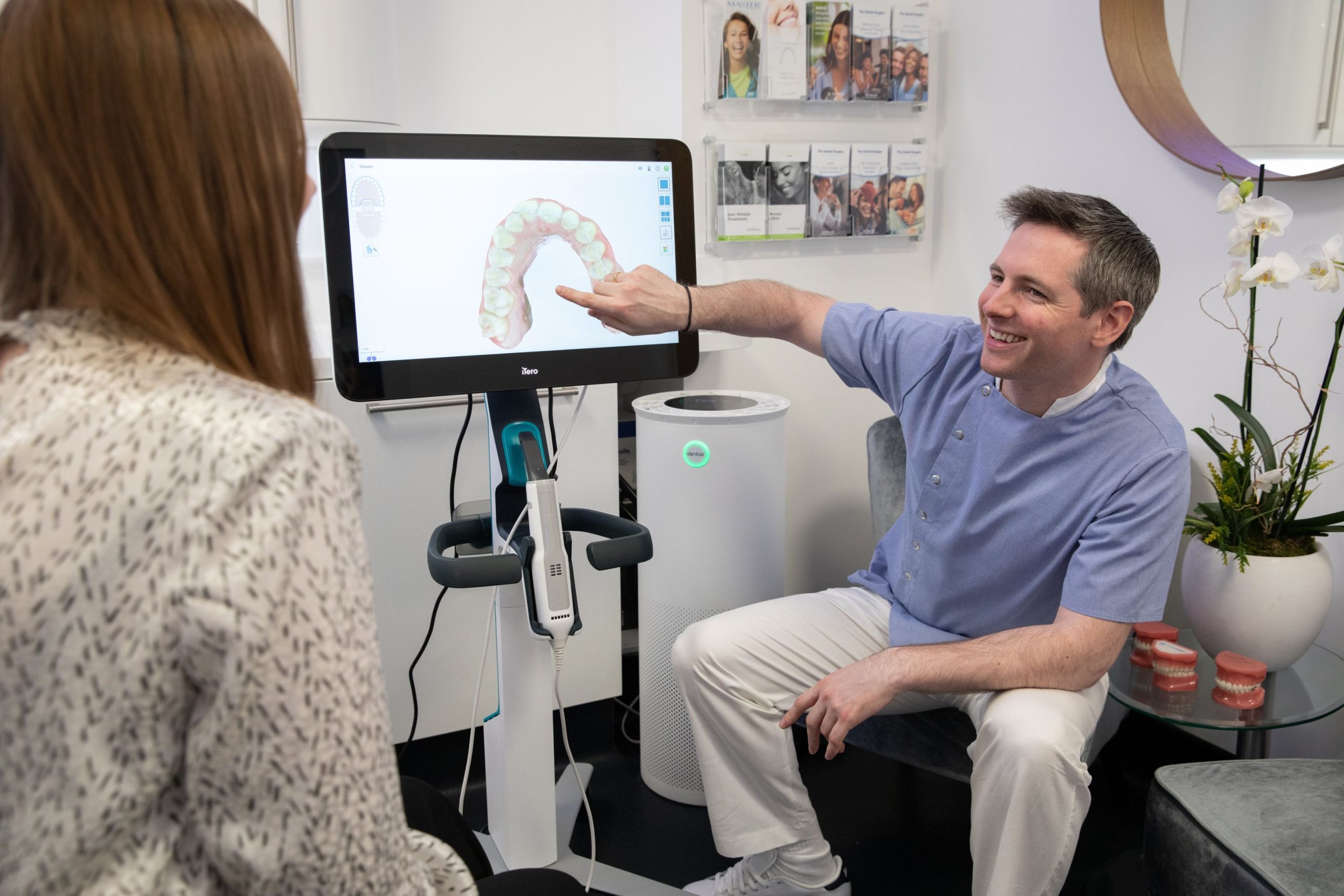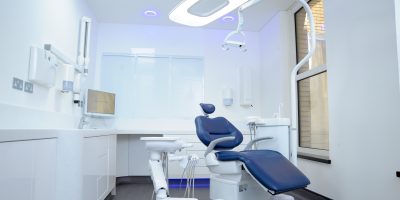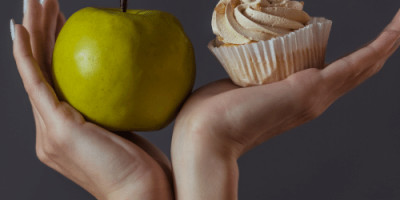-
Categorised as:
- Teeth Straightening
What Can You Not Eat With Braces?
Whether you recently had braces fitted, your child has them or they are an option being considered in the future, it is sensible to consider how they may impact upon what you can and cannot eat.
At The Dental Surgery, one of London’s leading dental practices, we have a specialist orthodontic team with considerable knowledge when it comes to braces, retainers and near-invisible teeth straightening options such as Invisalign or lingual appliances.
In this post, we answer this common question for traditional (“train track”) metal and wire braces – listing types of food that should be completely avoided and those that you might want to take care with when eating (we’ll also discuss what is different for patients who have Invisalign rather than braces).
Early Stages of Orthodontics
It is worth noting that there are some examples of food that should be avoided in the first few days and weeks of having braces fitted and others which should stay out of your diet for the duration of treatment so as not to damage them and slow down your treatment time.
Foods to avoid in the early days include those that can irritate the mouth and might be uncomfortable to eat if there is any tooth sensitivity while you adapt to your new braces.
These would include extremes of temperature, such as ice cream or hot beverages, and also extreme taste sensations such as citric fruits due to their acidity levels.
It may also be advised to avoid some “thicker” foods as well, for instance sizeable cuts of meat and even chunky rolls of bread that require you to exert significant effort when biting down.
Moreover, these are all be items you can enjoy eating after the initial sensitivity has reduced.
General Rules on What Foods to Avoid with Braces
As no list can ever be truly definitive, it is also useful to have general rules to follow.
Someone with braces should avoid sticky and hard foods. Sticky items can attach to the braces and wires and make cleaning them much more difficult, while anything hard has the propensity to cause damage to the brace when biting down.
Sticky soft foods, which are often sweet and high in sugar, would also be a concern as they can lead to bacterial build-up and plaque. This is a potential problem for anyone, but having braces makes it more difficult to clear this plaque away from some areas of the mouth without professional help (from a hygienist).
We all have nervous habits but chewing on other non-edible hard items like pens and pencils can also warp or damage your braces!
Food to Avoid for Those With Braces
Specific foods to avoid include:
- Nuts
- Popcorn (which can become lodged in your gums underneath the bracket)
- Hard chocolate
- Hard / sticky sweets and candy (these can become stuck on the brace and actually pull them away from the teeth!)
- Chewing gum
- Brittle foods such as taco shells or pretzels
- Hard biscuits, cookies or crackers
- Pizza (specifically a hard crust)
- Crunchy, raw vegetables
- Hard rolls and bagels or sourdough crusts
- Foods that have to be bitten into – for instance apples or corn on the cob
- Crisps, especially thicker cut crisps
- Soups and curries rich in color may carry a lot of spices like turmeric or mustard that can stain parts of certain braces (this is also true for red wine)
The list above, while not exhaustive, gives you a good idea of the types of food that are best avoided.
How to Enjoy Some Foods You’re Not Meant to Eat with Braces
The list of foods to be avoided can seem lengthy and tricky to keep to, especially as it includes healthy and nutritious foods such as vegetables.
Don’t worry, foods can still be eaten, just in a different way!
Vegetables such as carrots can be cooked to become softer or chopped into smaller pieces so that they are easier to chew. Although hard nuts should be avoided, it is possible to eat peanut butter or similar nutty spreads.
Most people find that after a few weeks, the list of foods to be avoided has little impact on what they choose to eat on a daily basis.
What Should I do if I Damage my Braces?
If you do eat something on the list and worry that it may have damaged your braces, there is no need to panic, most orthodontic “emergencies” can be easily repaired.
Anyone who has braces fitted will have regular checks to ensure their tooth alignment is occurring as predicted and to check for any issues with the braces.
However, anyone with concerns should simply contact their orthodontist – it may be that a quick trip in is advised just to check there is no need for a minor readjustment.
Braces are designed to be fairly robust, but that is not to say they will withstand repeated contact with foodstuffs you are advised to avoid. Wires, brackets and bands can all become loose after eating something damaging and cause discomfort. To see what you can do at home to ease your comfort while you arrange to see your orthodontist, read our blog post on Orthodontic Emergencies Here.
What About Eating with Invisalign?
One advantage of an option such as Invisalign (clear aligners instead of metal and wire braces) is that the aligners are removed for eating so it is possible to enjoy a greater variety of food. However, you must give the teeth a thorough cleanse before reinserting your aligners, and of course you should still steer clear of sugary and acidic foods to protect your teeth.
Do you have a specific question?
Get in touch with us today.



